By 2050, more than 70 per cent of the world’s population will live in an urban area. Are cities around the world ready?
On World Cities Day, join CIFAR for a panel discussion that uncovers what we must anticipate in order to shape thriving cities of the future. Some of the answers, CIFAR researchers believe, may be revealed through the past, by studying how cities adapted their infrastructure to burgeoning populations throughout history. This CIFAR Talk brings together leading minds from across disciplines to discuss the many important factors required for building cities of the future, from policy to questions of scale, to the potential crises that might impact urban areas.
Moderated by The Logic’s Catherine McIntyre, this virtual event features Christof Brandtner, CIFAR Azrieli Global Scholar in the Innovation, Equity & the Future of Prosperity program, Golnoosh Farnadi, Canada CIFAR AI Chair, Simon Goldhill, program Co-Director, Humanity’s Urban Future, and Jon Love, founder of KingSett Capital and former CEO of Oxford Properties.
SPEAKERS:
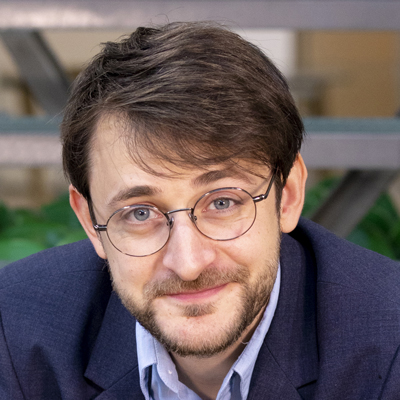 Christof Brandtner is a CIFAR Azrieli Global Scholar in the Innovation, Equity & the Future of Prosperity program and an assistant professor at the Emlyon Business School in France. He studies how urban social innovations — new practices meant to help local communities transition toward social, economic and environmental sustainability — emerge, diffuse and are implemented. His guiding question is why some communities are more effective in addressing societal challenges such as climate action, social integration and equitable access to social services than others.
Christof Brandtner is a CIFAR Azrieli Global Scholar in the Innovation, Equity & the Future of Prosperity program and an assistant professor at the Emlyon Business School in France. He studies how urban social innovations — new practices meant to help local communities transition toward social, economic and environmental sustainability — emerge, diffuse and are implemented. His guiding question is why some communities are more effective in addressing societal challenges such as climate action, social integration and equitable access to social services than others.
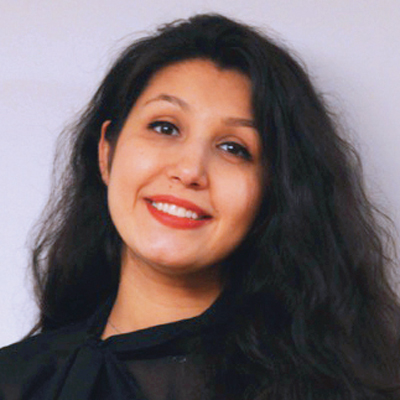 Golnoosh Farnadi is a Canada CIFAR AI Chair at Mila and an assistant professor at Université de Montréal. The increasing use of algorithmic decision making in domains that affect people’s lives such as employment, education, policing and loan approval, has raised concerns about possible biases and discrimination that such systems might introduce. Farnadi’s research focuses on the complementary strengths of fairness methods in Machine Learning and Operations Research to address shortcomings in a fair data-driven decision making system.
Golnoosh Farnadi is a Canada CIFAR AI Chair at Mila and an assistant professor at Université de Montréal. The increasing use of algorithmic decision making in domains that affect people’s lives such as employment, education, policing and loan approval, has raised concerns about possible biases and discrimination that such systems might introduce. Farnadi’s research focuses on the complementary strengths of fairness methods in Machine Learning and Operations Research to address shortcomings in a fair data-driven decision making system.
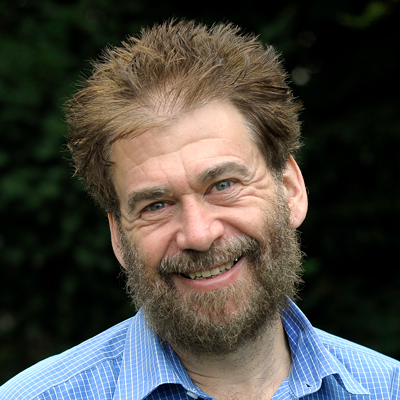 Simon Goldhill is the Co-Director of CIFAR’s Humanity’s Urban Future program and a professor at the University of Cambridge. His work focuses on Greek literature and culture. Through this speciality, he is able to apply insights from history to the modern context. As a leading researcher in the classics, Goldhill is working to uncover what makes a good city of the future by studying lessons from cities throughout the world and throughout history.
Simon Goldhill is the Co-Director of CIFAR’s Humanity’s Urban Future program and a professor at the University of Cambridge. His work focuses on Greek literature and culture. Through this speciality, he is able to apply insights from history to the modern context. As a leading researcher in the classics, Goldhill is working to uncover what makes a good city of the future by studying lessons from cities throughout the world and throughout history.
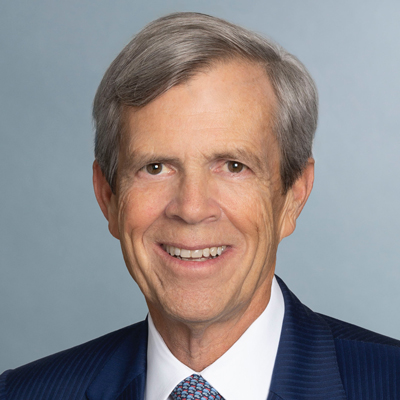 Jon Love is the founder and CEO of KingSett Capital, Canada’s leading private equity real estate investment firm. KingSett creates investment vehicles to co-invest with institutional and ultra-high net worth clients. Jon began his real estate career with Oxford Properties in 1980, becoming President in 1987 and CEO in 1992. With his vast experience in real estate, Love will share insights on challenges future cities may face in infrastructure, scale and urban policy.
Jon Love is the founder and CEO of KingSett Capital, Canada’s leading private equity real estate investment firm. KingSett creates investment vehicles to co-invest with institutional and ultra-high net worth clients. Jon began his real estate career with Oxford Properties in 1980, becoming President in 1987 and CEO in 1992. With his vast experience in real estate, Love will share insights on challenges future cities may face in infrastructure, scale and urban policy.
MODERATOR:
 Catherine McIntyre covers Environment, Social and Governance (ESG) investing, the innovation ecosystem and labour issues in the innovation economy. Prior to joining The Logic, she worked for Maclean’s and Canadian Business. In 2020 she won a Best in Business Award from the Canadian chapter of the Society of American Business Editors and Writers for her breaking news coverage of Sidewalk Labs, and was named Best New Writer at the 2014 National Magazine Awards for her investigation into cancer clusters in New Brunswick industrial towns.
Catherine McIntyre covers Environment, Social and Governance (ESG) investing, the innovation ecosystem and labour issues in the innovation economy. Prior to joining The Logic, she worked for Maclean’s and Canadian Business. In 2020 she won a Best in Business Award from the Canadian chapter of the Society of American Business Editors and Writers for her breaking news coverage of Sidewalk Labs, and was named Best New Writer at the 2014 National Magazine Awards for her investigation into cancer clusters in New Brunswick industrial towns.
OPENING & CLOSING REMARKS:
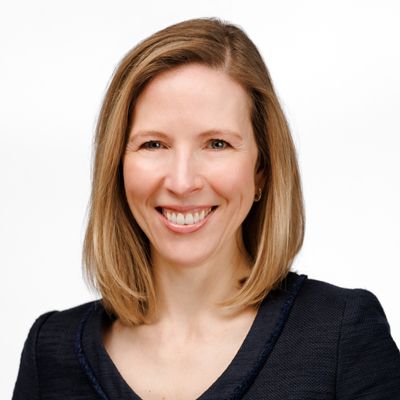 Kate Geddie is Senior Director of Research at CIFAR where she supports the development of CIFAR’s research portfolio and works directly with a number of CIFAR’s research programs. She also leads CIFAR’s performance monitoring and evaluation activities, and has a particular interest in assessing the international, interdisciplinary and long-term nature of CIFAR’s work.
Kate Geddie is Senior Director of Research at CIFAR where she supports the development of CIFAR’s research portfolio and works directly with a number of CIFAR’s research programs. She also leads CIFAR’s performance monitoring and evaluation activities, and has a particular interest in assessing the international, interdisciplinary and long-term nature of CIFAR’s work.
Kate holds a PhD in Geography from the University of Toronto, and was a postdoctoral fellow at the University of Lausanne and École polytechnique fédérale de Lausanne (EPFL) in Switzerland. Prior to joining CIFAR, she directed public policy research and analysis on a wide range of issues related to higher education, research and innovation in Canada and Europe. She has worked for the University of Toronto, the European University Association in Brussels, Universities Canada (AUCC) in Ottawa, and her research has been funded by SSHRC, the European Commission, and the Swiss National Science Foundation.